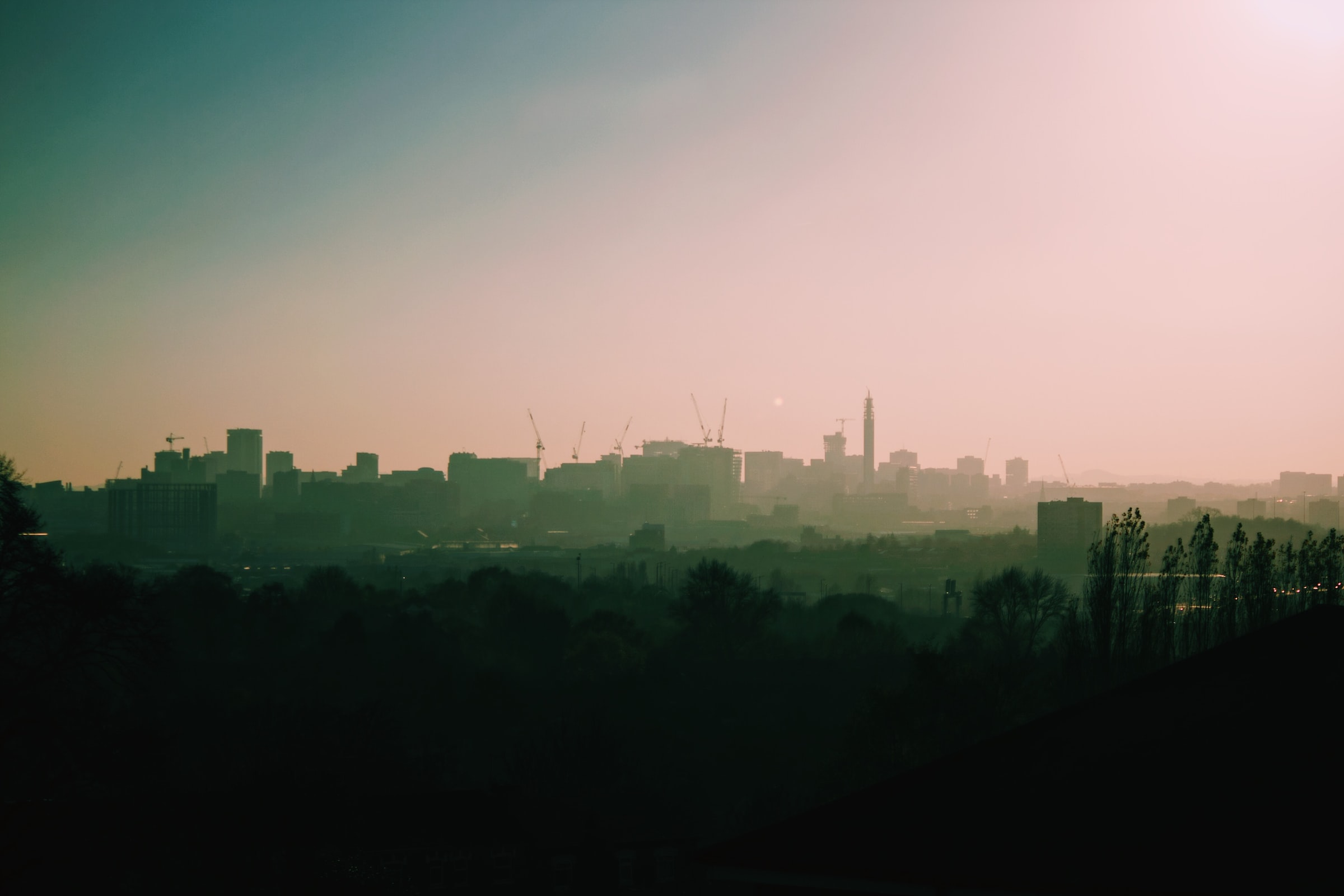
Birmingham City is back in a local lockdown, as rising figures of COVID-19 cases sweep the city.
On Friday 11th September, Birmingham City Council announced that from Tuesday 15th September Birmingham residents ‘will not be able to mix with any other households, indoors or in private gardens, except for those in a support bubble.’
The Council went on to clarify that these restrictions ‘will not affect the hospitality sector,’ so bars, cafes, and restaurants will remain open. This means that different households will be able to mix in these environments, providing the six person rule is not exceeded.
These restrictions will be assessed next week to determine how efficiently they have driven down or stabilised the infection rate. When these extra measures were implemented, the infection rate had leapt from 30.1 cases per 100,000 people over the 8th – 14th August, to 75 per 100,000 as of 11th August.
According to the BBC, as of today, 12th August, there are currently 90 cases per 100,000 people in Birmingham. The national average is 18.
Despite the fact that the new restrictions on the Birmingham, Sandwell, and Solihull areas are due to be enforced from Tuesday, the council has been encouraging residents of these areas to follow them immediately.
There are, however, exemptions to the rules. Residents are able to enter another household in order to facilitate a house move – a relief to many students as Birmingham’s five universities prepare to welcome students back for the start of term.
The University of Birmingham (UoB) has announced its intentions to continue to prepare for the start of term, including in-person teaching. The University stated that ‘campus can continue to operate in a Covid-safe way and most of our activities will go ahead as planned.’ Furthermore, the University has made clear its expectations of students to follow current guidance on:
1. Social distancing;
2. Social gatherings (including halls and private sector accommodation);
3. Following covid safety guidance on campus (including directional routes within buildings; maximum room capacities; and behaviour);
4. Hygiene, particularly in public or communal areas;
5. Wearing of face coverings.
6. Test and trace (understanding the symptoms, getting tested immediately and working with the University and PHE to identify any close contacts).
The impact on students, however, will still be keenly felt. Now unable to socialise at home with groups outside their own housemates or flatmates, both freshers and returning students will experience a vastly different Freshers’ Week.
The University has made plans for its ‘Welcome Week’ to run ‘a range of online and on-campus activities,’ and groups such as the Music Society have been making arrangements to continue offering performance opportunities, whilst keeping up musician-specific risk assessments.
Now unable to socialise at home with groups outside their own housemates or flatmates, both freshers and returning students will experience a vastly different Freshers’ Week
Whilst many people have voiced frustration with the complicated messages, Ian Ward, leader of the city council, said that he understood how ‘frustrating’ it was for people to be free to go to the pub but unable to see family. However, he reinforced that ‘the data we have shows that the infection rate has risen mainly due to social interactions, particularly private household gatherings.’
As shops and hospitality venues are more strictly enforcing social distancing and hygiene measures, Birmingham City Council deems them safe enough to remain open, whilst private gatherings are more likely to spread the virus, as people are ‘more relaxed and less vigilant.’
The official advice remains: ‘continue to wash your hands regularly and wear a face-covering in enclosed spaces and if you feel unwell, get a test.’
Liked this article? See below for more from Redbrick News:
COVID-19 Outbreak at UNC-Chapel Hill

Comments